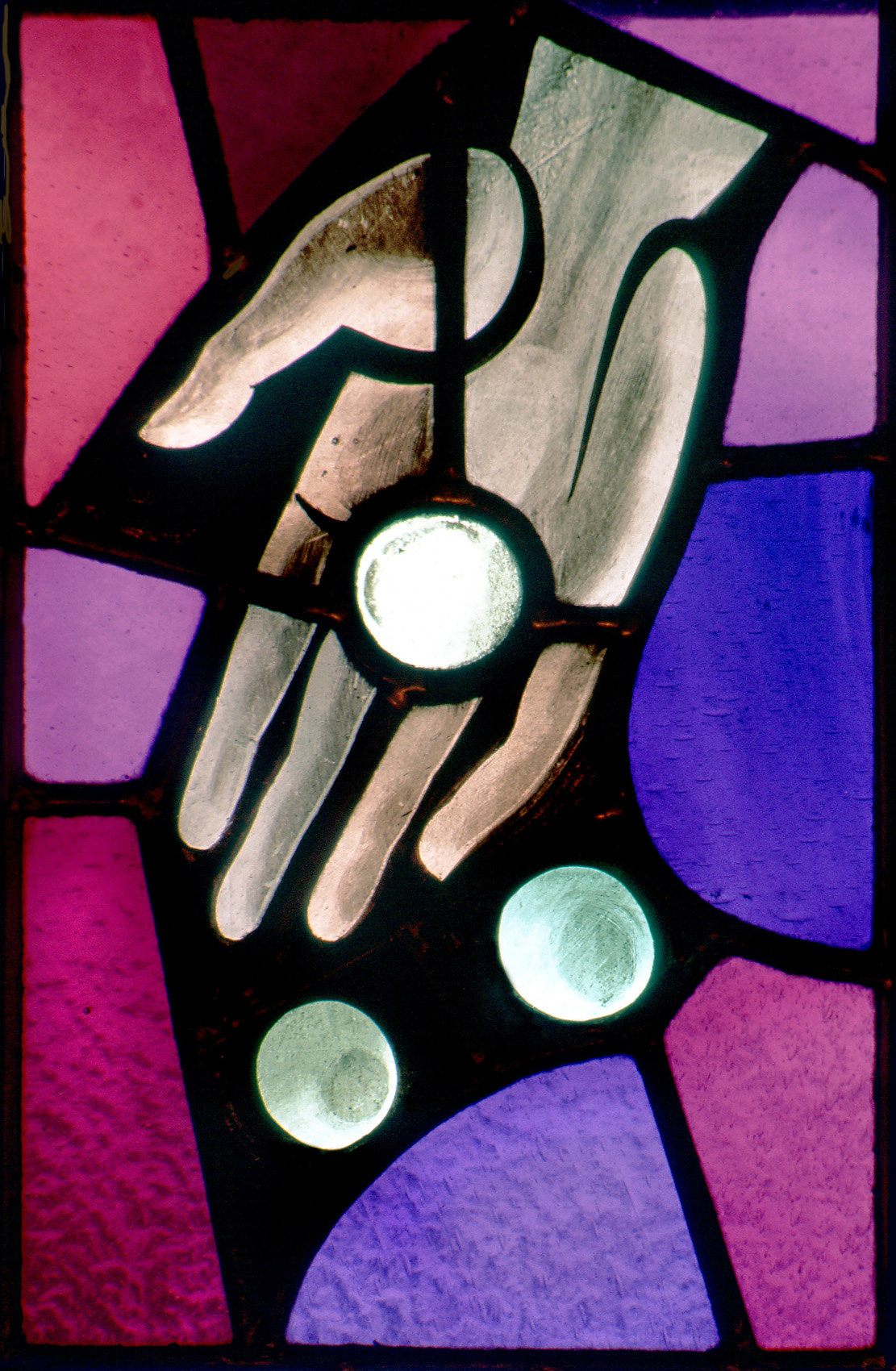In the next few days, you’ll be receiving a letter from me
and Barbara Heywood, the acting president of the Women of Saint Francis, about
our Lenten offering appeal. This is a
new practice here at Saint Francis, and it is designed to take the place of the
longstanding fall patron’s appeal that was an integral part of the Potomac
Country House Tour. Following the Women of Saint Francis’ decision to
indefinitely postpone the house tour, we decided that this Lenten appeal would
be a helpful way to continue our longstanding emphasis on supporting ministries
that serve the poor in our community and around the world. The offering also helps us to recover a
central aspect of the Lenten season and its distinctive disciplines that
sometimes gets forgotten.
Lent is a season for almsgiving. Throughout the forty days we examine our
hearts and pray for forgiveness and renewal in the life of grace. And giving of our treasure to relieve the
sufferings of others expresses our gratitude to God for His mercy toward us and
conforms us more fully to the sacrificial life of our Lord, who has given His
life “a ransom for many” (Mark 10:45).
We give alms in Lent because giving is a traditional
penitential practice. “Water
extinguishes a blazing fire,” says Ecclesiasticus 3:30, “so almsgiving atones
for sin.” The passage from
Ecclesiasticus, like several others in the Book of Tobit, specifically
associate giving to the poor with seeking God’s forgiveness and showing our
thankfulness for it. Jesus is
referencing this close association between giving and repentance in his use of
the metaphor of debts to describe sins in one version of the Lord’s prayer
(Matt. 6:12) and in His parable of the ungrateful servant (Matt 18:21-35).
This association can suggest that we can “pay off the debt
of our sin” through gifts to the poor. It
has been understood this way at times in church history, at the cost of
confusing the fact that God’s grace is freely offered to sinners. What Jesus and the Jewish sages before him
actually meant, though, is that giving to the poor is an outward expression of
our inner desire to be reconciled to God.
It’s a way of “putting your money where your mouth is,” showing our
sorrow for our misdeeds by parting with something valuable and allowing God’s
undeserved blessing to us spill over to enrich the lives of those in need.
Almsgiving is also part of Lent’s focus on closer imitation
of Christ and renewal in discipleship.
Jesus famously links prayer, fasting and almsgiving in His Sermon on the
Mount, a passage that serves as the Ash Wednesday Gospel (Matt. 6:1-16). These three disciplines, spiritual
theologians have long claimed, are the core practices of the Christian life. They open to us the path of holiness and renew
our rightly ordered relationships with God (prayer), with ourselves (fasting)
and with our neighbors (almsgiving).
As the three practices point to the three dimensions of our
lives, they also are intended to reinforce one another. Fasting, as Saint Augustine wrote, “gives
wings to our prayer,” intensifying our words through physical suffering that
shows we really mean what we say. The
people of Israel would call a fast in times of famine and national crisis so that
their pleas to God might be more earnest and deep.
We give alms out of the money we have saved through our
practice of fasting. This practice goes back at least as far as The Shepherd of Hermas, a very early Christian text, which urges the faithful in this way: "Having fulfilled what is written, in the day on which you
fast you will taste nothing but bread and water; and having reckoned up the
price of the dishes of that day which you intended to have eaten, you will give
it to a widow, or an orphan, or to some person in want, and thus you will
exhibit humility of mind, so that he who has received benefit from your
humility may fill his own soul, and pray for you to the Lord" (Fifth Similitude)
. This is part of
what lies behind the ancient discipline of eating fish and vegetables instead
of meat in Lent. Until overfishing
changed the signifier, fish was the food of the poor, and those who could
afford meat would save significant sums by setting it aside for the forty
days.
It doesn’t really work the same way today, but you might
consider cutting out eating at restaurants in Lent or even going out of your
way to buy simpler and less expensive food at the grocery store. In our household, we clean out the pantry and
the freezer in Lent, trying to spend as little as possible. We track what we have saved and give it to
the poor.
Consider God’s mercy to you in this season, and how much
Christ has shed His blood to secure your forgiveness. As you turn from your own sins and ask for
His mercy, don’t ignore the chance to bless your neighbor who is hungry and
cold. Unite your prayer and fasting this
Lent with generosity that brings joy and hope to the afflicted. May God give you the grace to keep a Holy
Lent.

No comments:
Post a Comment